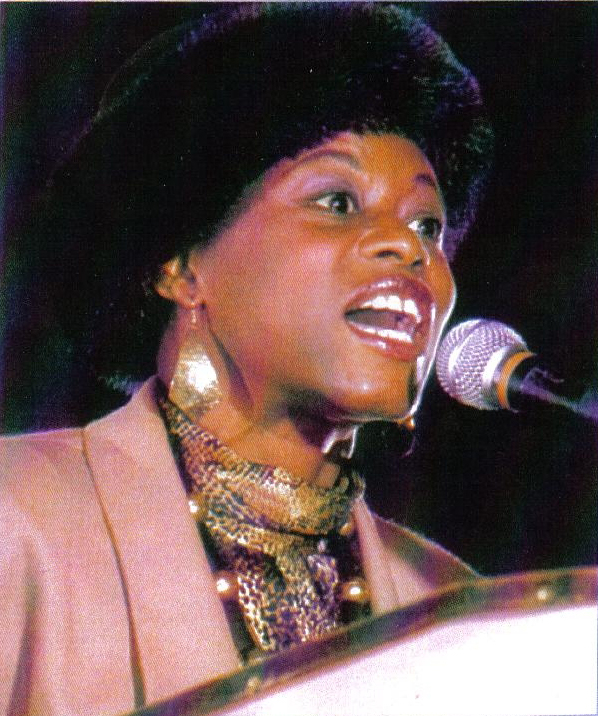More Words From Winners: Sarah Falkner
To accompany our May/June 2012 issue's feature "Winners on Winning," part of our special section on writing contests, we're posting a selection of mini-interviews with prize recipients on the benefits of their awards and what they learned from winning. The final author in our series is New York City fiction writer Sarah Falkner, who received the Starcherone Books Prize for Innovative Fiction in 2010 for her debut novel, Animal Sanctuary.
How did winning the Prize for Innovative Fiction change your career?
Winning the prize changed my life enormously in a variety of ways—I was so surprised and elated after hearing the news that I rode my bicycle very joyously and recklessly through a rainy night in Brooklyn. The prize money was extremely helpful to me as a self-employed person of modest means and frequently-tenuous existence, but the money was the least of the advantages I have enjoyed from winning the prize. I am a writer who for various reasons did not pursue an MFA in creative writing, although I value and recognize many reasons why a person might do so, and am not myself wholly an outsider: I do possess a BFA in painting. While I might, outside of an MFA program, still be able to reach some of the same goals an MFA candidate strives for—sustained focus and purpose; devotion to craft and technique; submission to peer and mentor analysis, guidance, and feedback—there is no easy substitute for the public credential of having completed a degree program. After all, an MFA is justifiably and understandably a clear demonstration of a writer's quality and seriousness. The juried evaluation and approval process that winning a prize suggests confers some sort of quantifiable credential, a common currency that peers and the public can measure and accept. After winning the Starcherone Prize, I applied for the first time to the MacDowell Colony, and was given a fellowship; I highly doubt that without the credential of the prize I would have been accepted.
Did the award have an effect on any decisions you made as a writer, on the path you chose to take in life or in your work?
Winning the prize encouraged me greatly to take myself more seriously as a writer, to feel entitled to publicly identify as a writer, and to allow my writing even more time in my life. Artistically, I have navigated many storms of cognitive dissonance during my development—my origins are of low socioeconomic status, but thanks to my mother and the wonderful thing that is the public library, I was exposed early to arts and letters that were foreign to our friends and neighbors. That both saved and ruined me. Since first studying visual art in college alongside people of greater privilege and means than I, then working for a time in the palace of inequity that is the New York City art world, I have frequently found myself at odds with myself—and others—about the necessity, wisdom, and appropriateness of identifying myself as an artist and prioritizing my artistic practice over more "practical" activities like earning a living or working for social justice, or other things that would more directly and immediately benefit my family, friends, and all sentient beings. Sometimes it's like I have an internalized hardline Maoist who tells me I shouldn't spend time alone at my computer expressing my most personal feelings in selfish bourgeois decadence when instead I could be out contributing to the collective good. Lately, the inner Maoist seems appeased by the fact that The People, or at least Some People, value my writing enough to have given it a prize and a readership.
What advice do you have for writers looking to contests as a way to get their work into the world?
I don't feel qualified to speak to the majority of writers or contests out there—but for writers working in experimental, interdisciplinary, and other non-mainstream modes, and less-common forms such as novellas and chapbooks, all of which are published by only a fraction of all the presses in existence, I can attest to the fact that there are a number of very high quality small independent publishers and literary magazines who seem to use the contest model very effectively to find emerging writers. Starcherone Books, Fiction Collective 2, Dzanc Books, Fence Books, and DIAGRAM are just a few who accept unsolicited submissions [via a competition model] during a specific reading period each year. Often an esteemed writer not published by or affiliated with the press is chosen to judge the winner from a group of finalists. My only advice for writers is the obvious and logical: Read a lot, apply to contests for presses that publish lots of books you think are both generally exemplary and also somehow simpatico with your own projects, and especially apply to contests judged by writers whose books you greatly admire and with whom you feel a kinship or resonance.
Below is the video trailer for Falkner's Animal Sanctuary.





